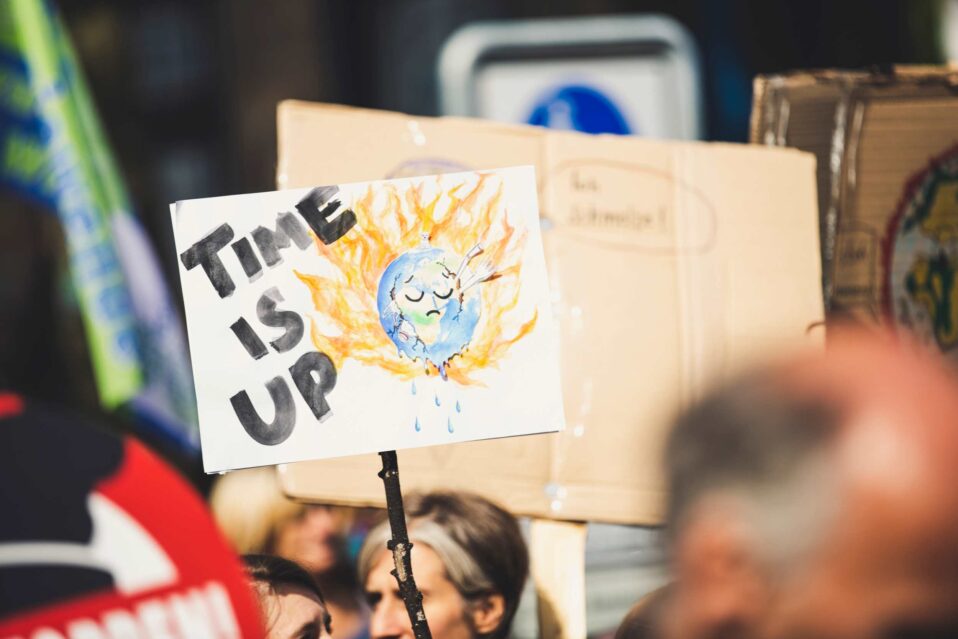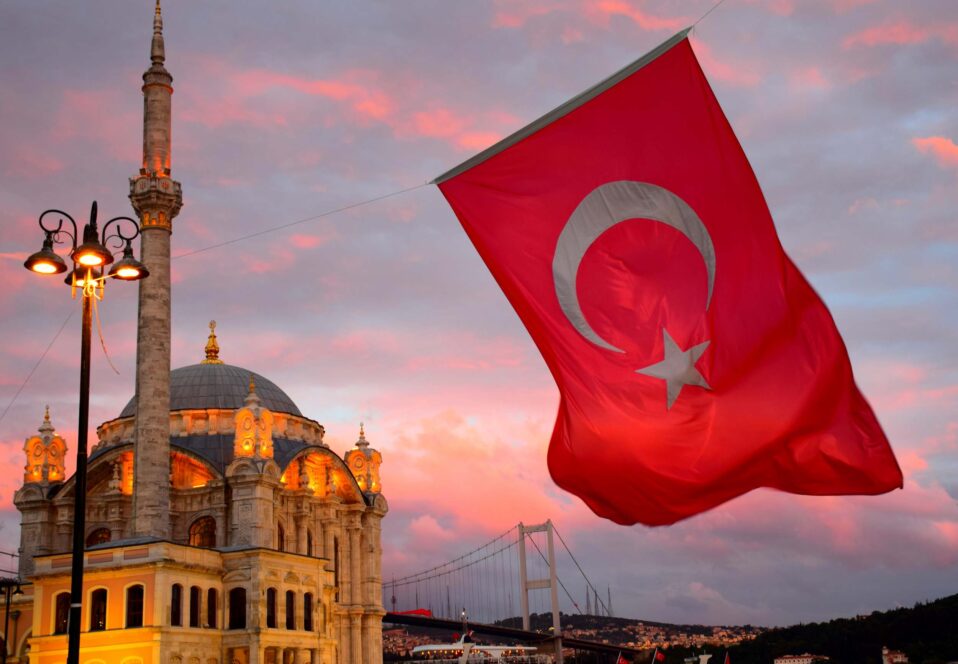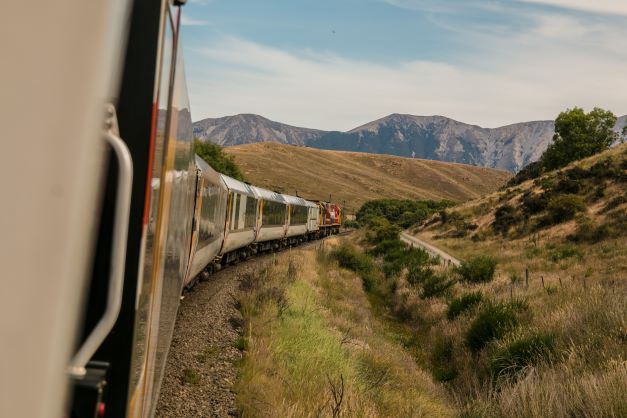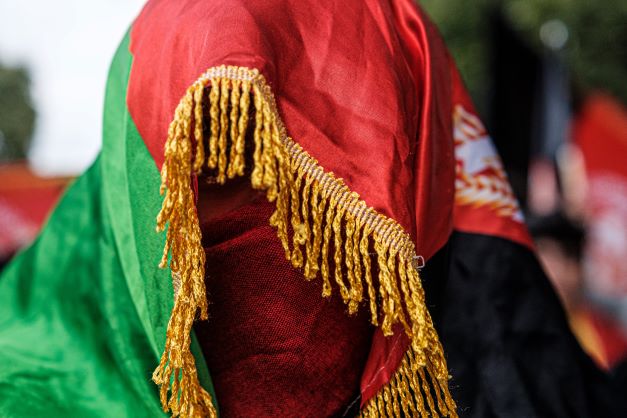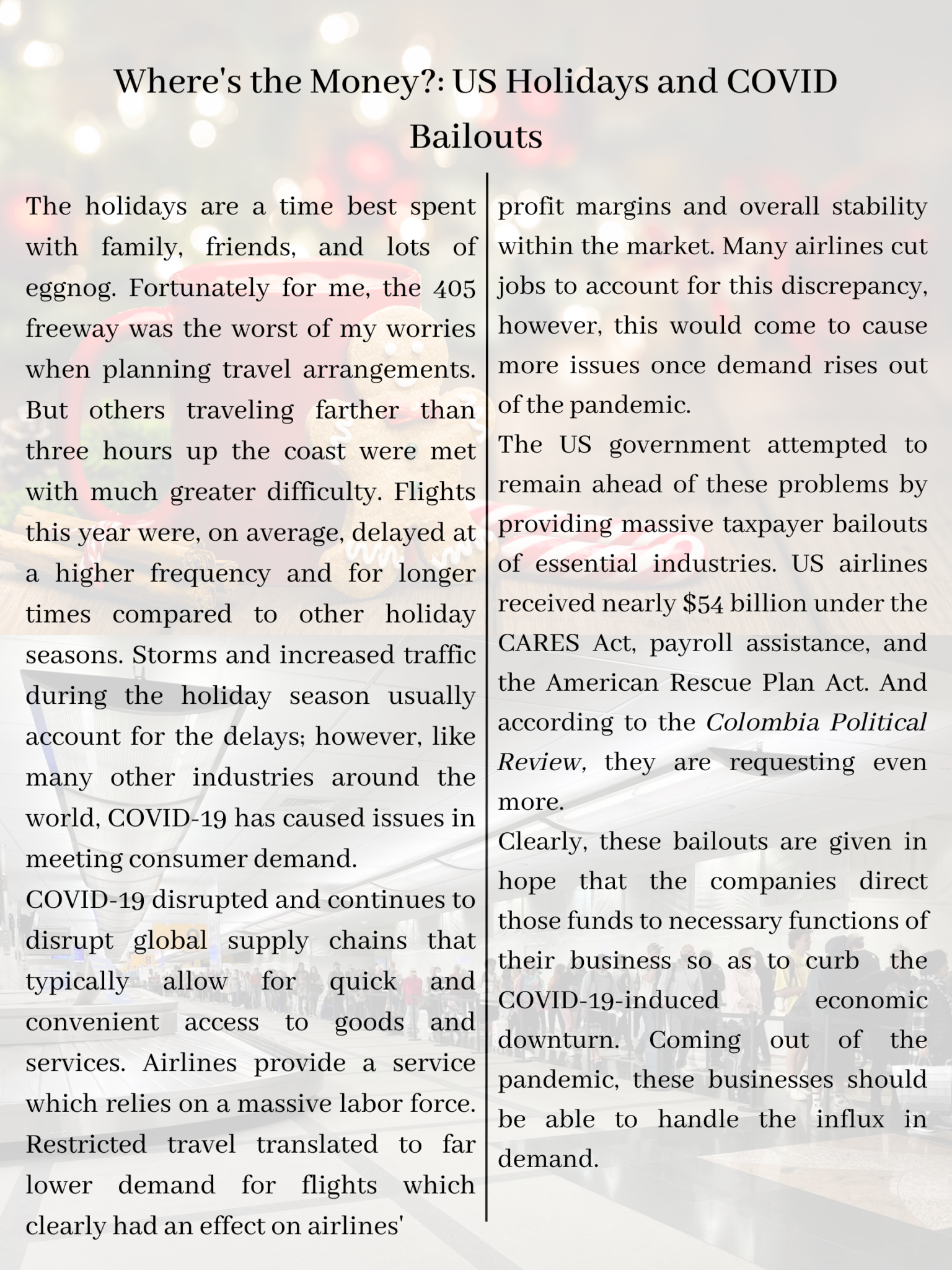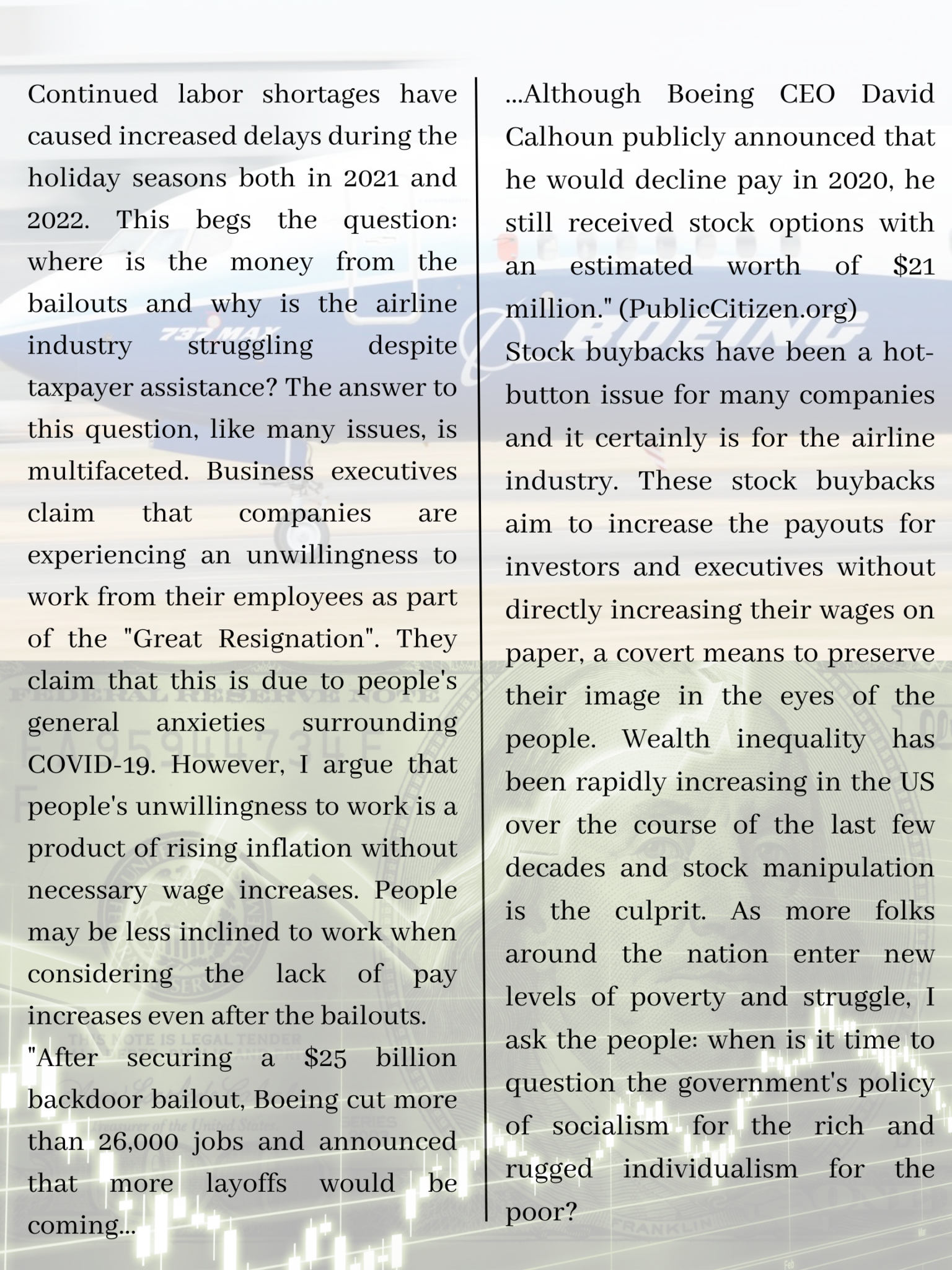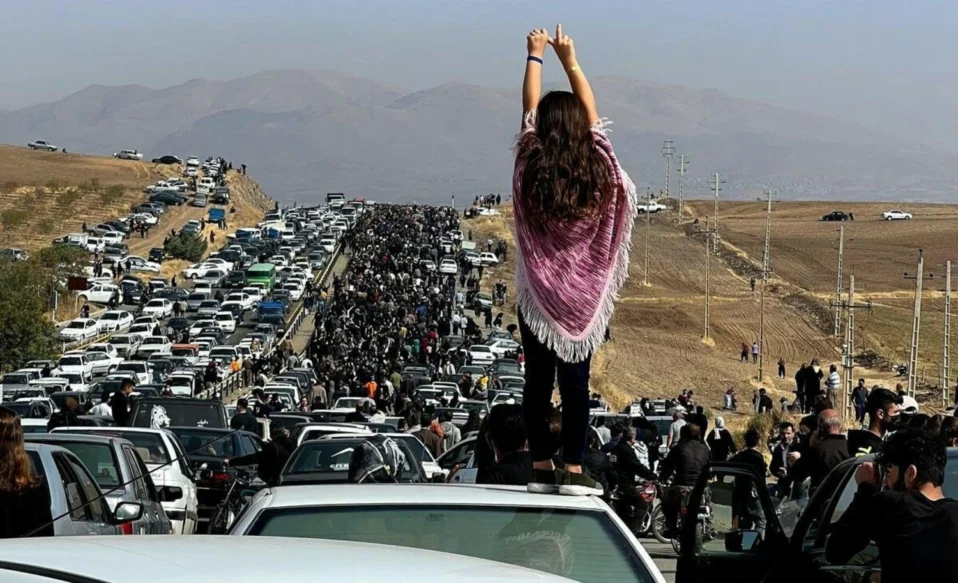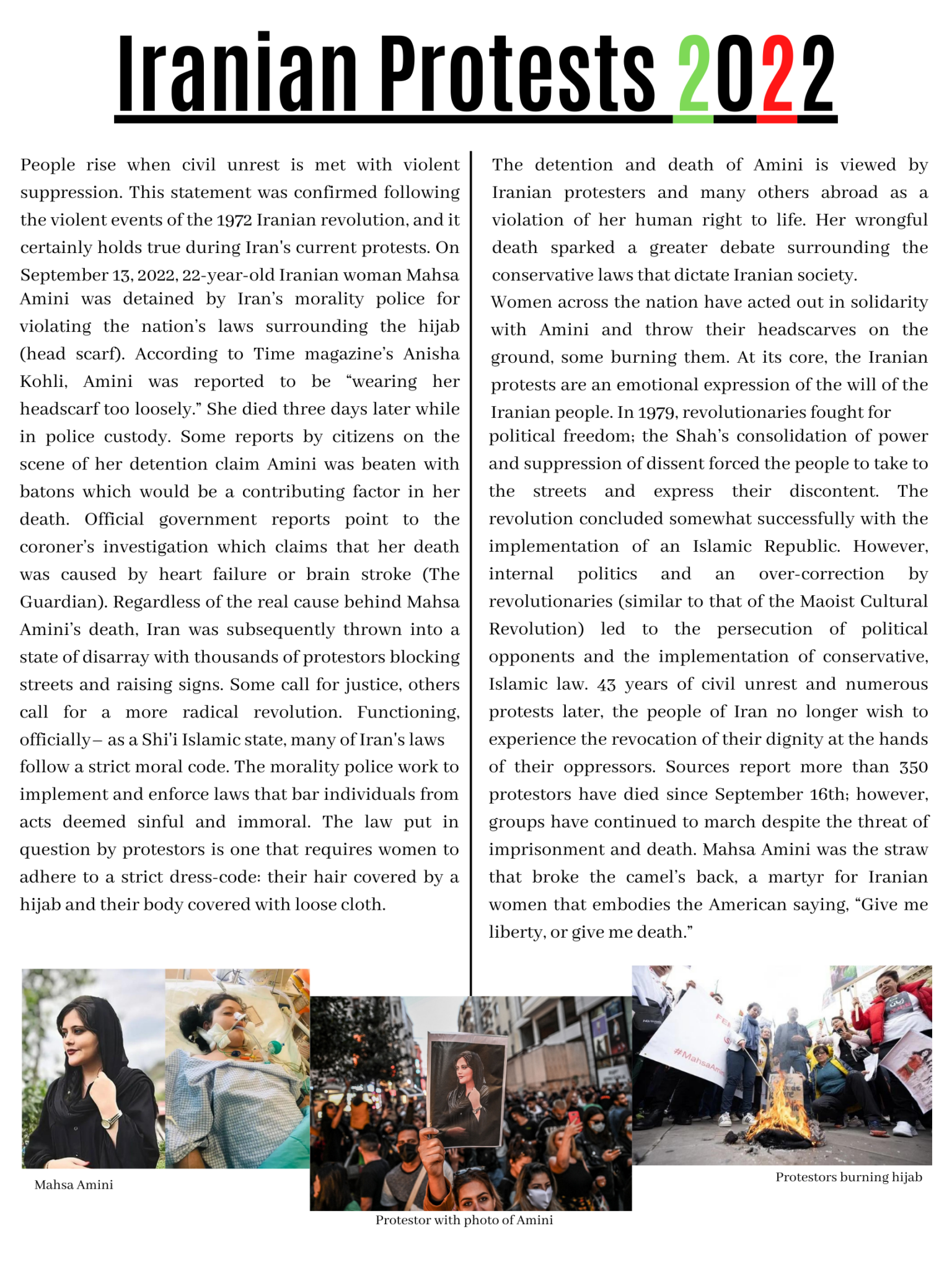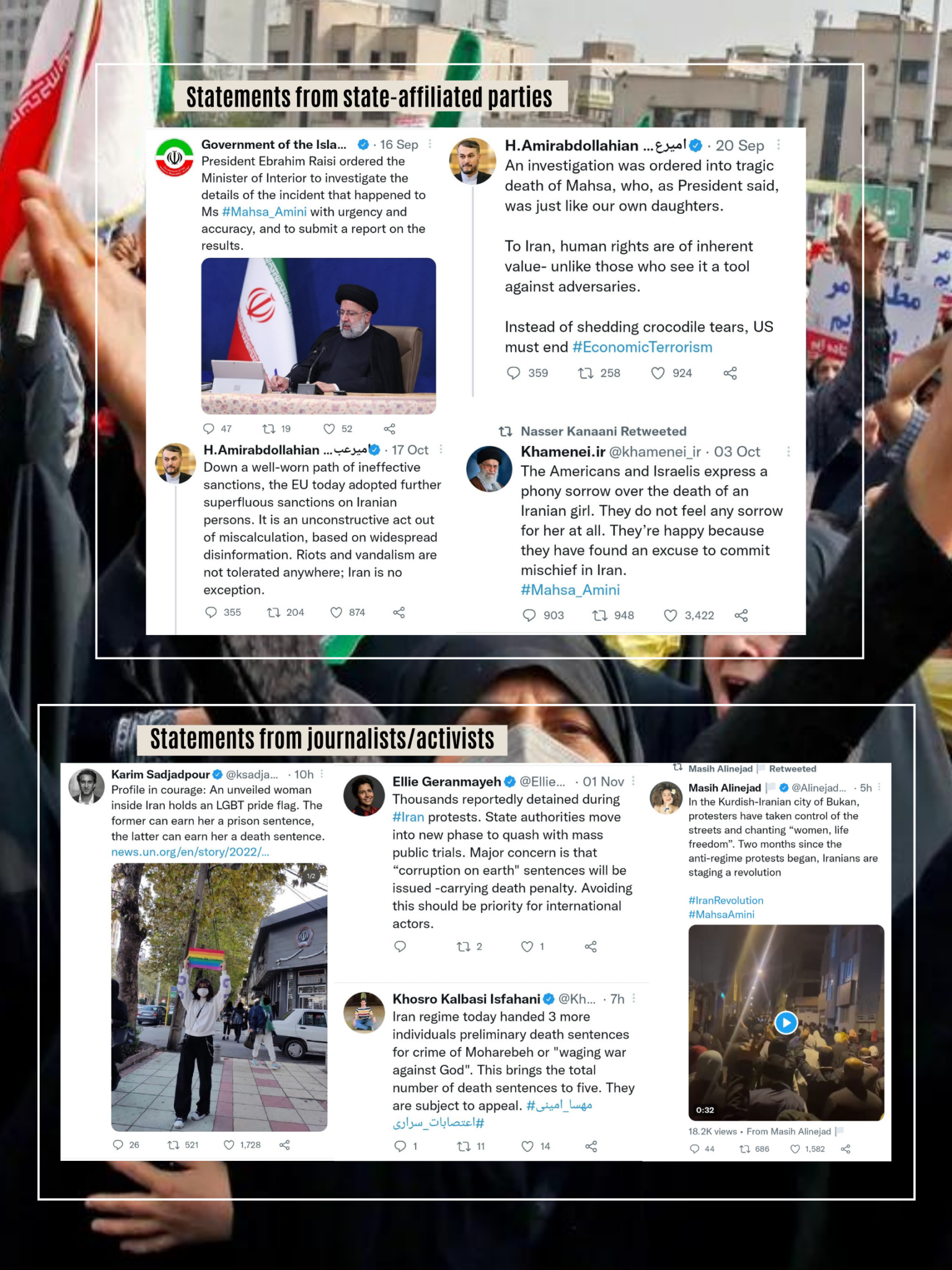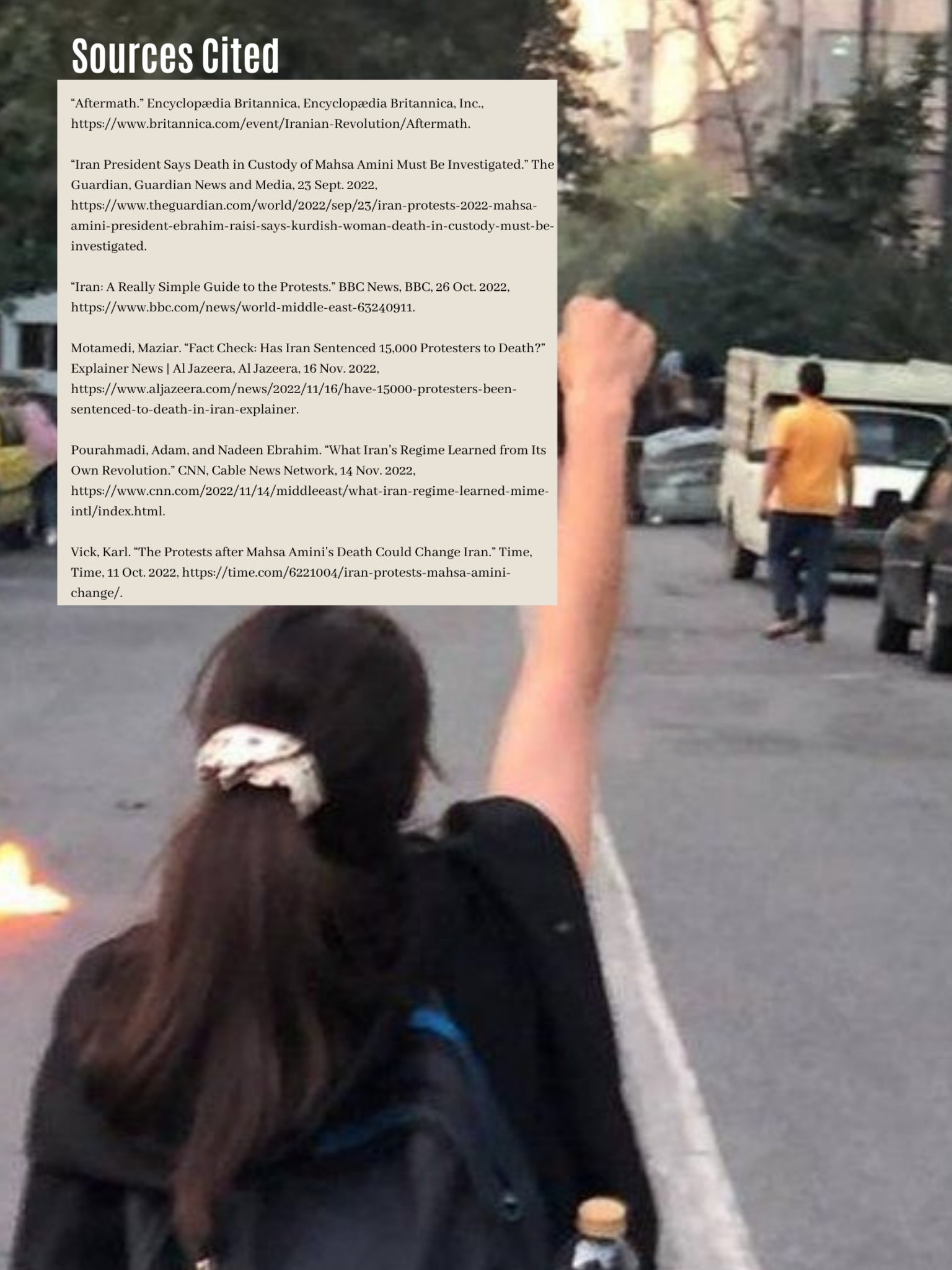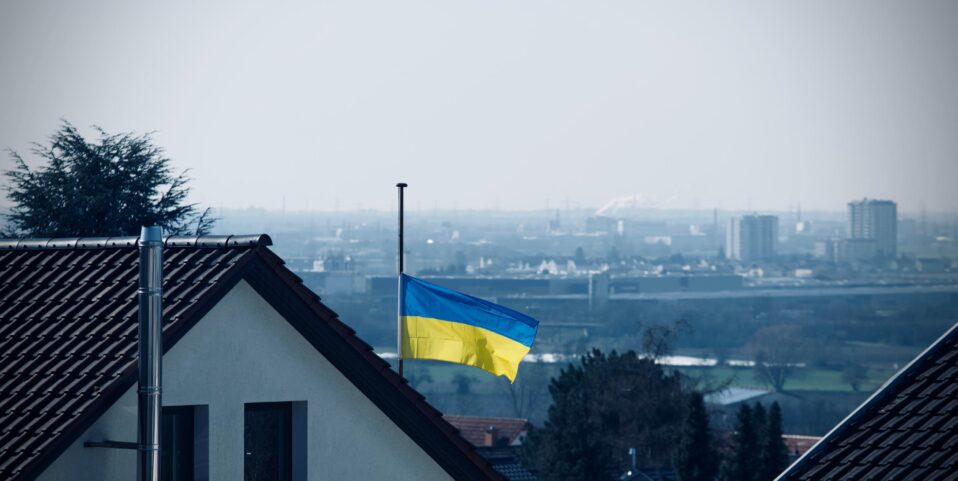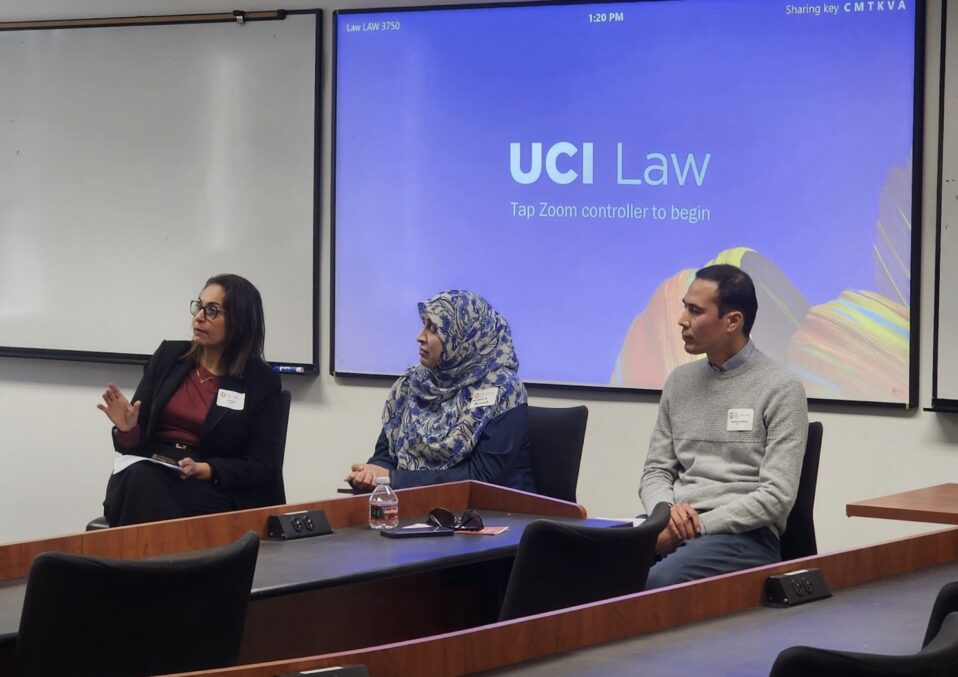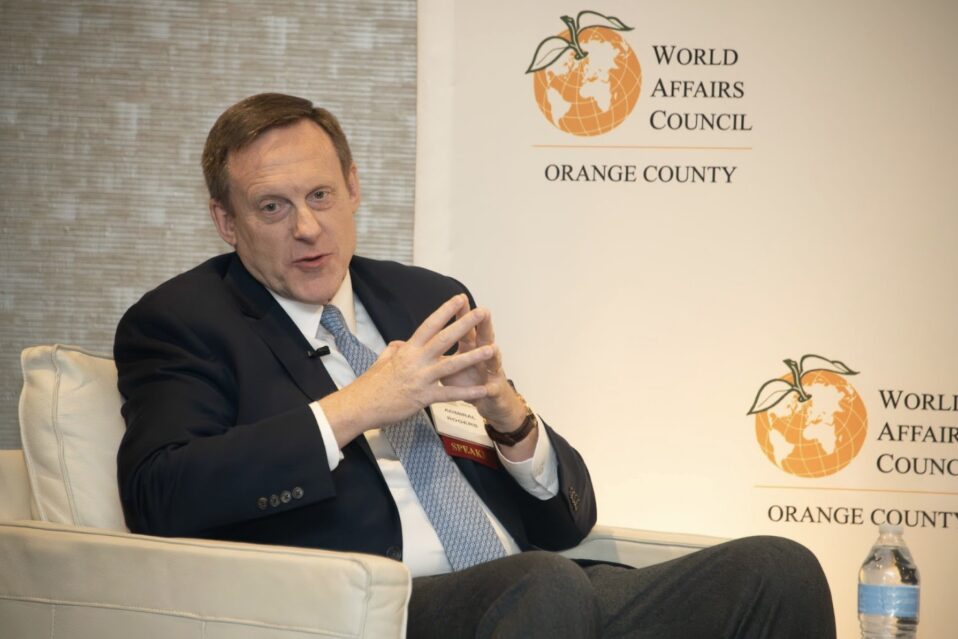Amid Fourth of July celebrations and beach days all across the nation, the planet reached the hottest it has ever been, on average, for four consecutive days. July 6 was the warmest day on record, as the global average temperature reached 17.23°C, or 63.02°F, which was 1.02°C, or 1.8°F above the average for that day. Overall, the days from July 3-6 have now claimed the title of being the four hottest days on record, as each day became a fraction of a degree warmer than the previous.
In fact, looking at the summer season thus far, we’ve experienced the hottest June since pre-industrial times, as this June was 2.5°F warmer than the average global temperature of June in the late 1700s/early 1800s. This could explain why the wildfires in Canada, which drifted over into neighboring New York and the rest of the U.S. East Coast last month, burned at least 19,027,114 acres, marking the worst Canadian wildfire season on record. From Texas to Florida, temperatures are easily reaching over 110°F.
Outside of North America, June temperatures hit record highs in the Chinese capital of Beijing, as many other Chinese cities are currently experiencing heat over 100°F. Similarly, Spain, Iran, Vietnam, and India all reported extreme heat within the past month, with India even recording peaks in deaths due to such high temperatures.
With such events becoming more common due to global warming and climate change, it makes it much more difficult for all of us to stay within the goal of not exceeding 1.5°C, as brought forth in the Paris Climate Agreement. It is crucial to understand that though the global average temperature broke records last week, such records will continue to be broken again and again in the near future as unrestricted climate change and global warming worsens.
Further Reading:
June Has Hottest Start on Record | National News | U.S. News (usnews.com)
World hits record land, sea temperatures as climate change fuels 2023 extremes | Reuters
This week has had several days of the hottest temperatures on record : NPR
Earth saw hottest day yet, the fourth straight global record (axios.com)
Canadian wildfire smoke reaches Europe as Canada reports its worst fire season | CNN
Written by Special Projects Intern, Noor Razmdideh

